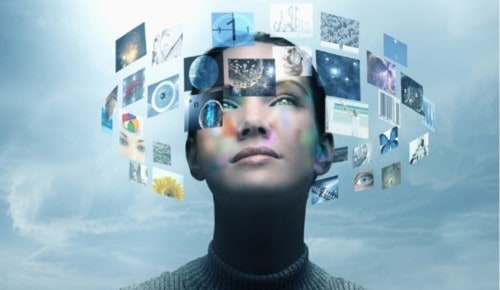
If you think gaming is the only way to implement VR; think again. There’s a whole range of industries where virtual reality can change our daily lives for the better. Starting with how VR will transform gaming, let’s look at some of the main uses and benefits of virtual reality technology.
Gaming
It is estimated that around 1.7 billion people play video games around the world – and most of them are itching to try out the new virtual reality consoles released by the likes of Oculus Rift, PlayStation and HTC Vive. The extra level of realism will intensify gaming in practically every genre. Driving on race tracks with a VR headset will offer a stronger adrenaline rush than the traditional arcade machine can, just like playing high stake poker at a VR casino will be more thrilling than playing on typical online poker sites. And that’s not to mention how much more terrifying jump scares in horror games are about to become. This not only has implications with regards to how we play games, but also as to how designers develop them. The development may become more burdensome but, when done well, a VR game will always be more popular.
Training
Many professions require training that includes simulated settings. For example, virtual reality has long been used to help pilot students in their training. The advancement of VR technology and its wider use will also help improve the training of medical students, who can practise surgeries, diagnosis and dealing with generally stressful situations without risking serious consequences should they make a mistake. Basically, the immersive form of training offered by VR will be helpful to any profession where there’s an especially important need for someone to be entirely qualified before practising.
Pain Therapy
A form of virtual technology has already been known to significantly alleviate the suffering of burn victims by immersing them in a simulated snowy environment. The game, called Snow World, lets the patient travel through icy glaciers whilst throwing snowballs at penguins.
When used together with exoskeletons, VR can even help paraplegics regain sensor control and walk again. Furthermore, this technology can also help with mental health when it is used as a nerve-calming form of distraction. Alternatively, VR can help recreate situations in which someone might experience social anxiety in order to better help them prepare for those situations in real life.
Decision Making
Imagine the equivalent of free product trials or test drives; VR allows for better ‘try-before-you-buy’ experiences, and better informed decision-making as a result. This is particularly important for big decisions that may be irreversible. A business considering rebranding itself and its image might consider giving test audiences a virtual tour of their ‘new store’ or ‘new product design’. For the individual user, VR technology can be used to decide on their next holiday destination or the best venue at which to get married. Best of all – we could eventually enjoy all the try-before-you-buy experiences in the comfort of your own home, without the pesky interference of sales people. All in all, VR can give you a stronger sense of assurance prior to committing to a decision.
Design
One of the most impressive ways VR can help transform the world is how it impacts design and architecture. Up until now, design programs have helped render 3D architectural plans – but there’s a limit to how immersive such images can be. With a VR design tool, designers can place themselves in the midst of their project, get a feel for the size dimensions in relation to themselves, and change features like colours and shape in real time. Clients will, equally, be able to have a stronger input at the earlier stage of the design, when they can see how they would feel in the finished space prior to any form of actual construction.
We have a lot to look forwards to when it comes to the integration of virtual reality into our everyday lives. From helping with decision making to alleviating physical pain and improving upon training programs; it’s clear to see that gaming is only one of countless reasons we should be excited about this new technology.
 Gearfuse Technology, Science, Culture & More
Gearfuse Technology, Science, Culture & More


